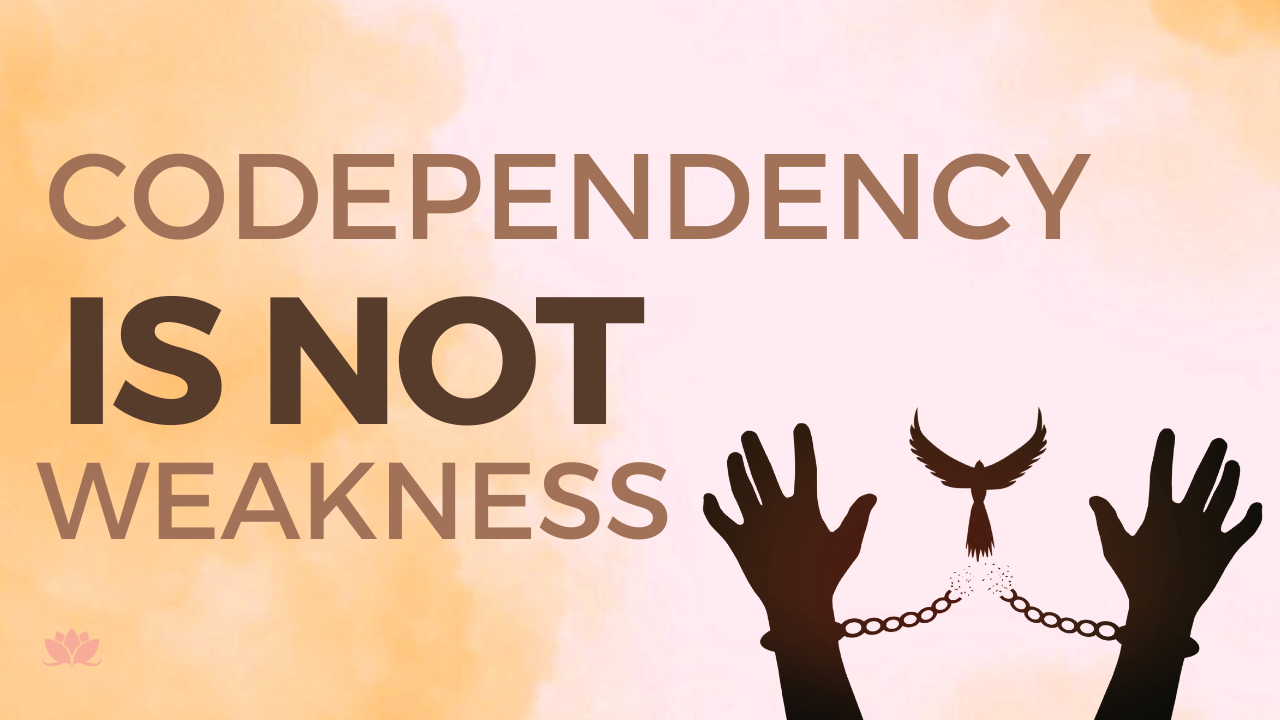Caring for Aging Narcissistic Parents: Tips to Save Your Sanity
3 Research Backed Tips for Caring for Narcissistic Aging Parents


Communicate Through Logistics Not Emotions
Caring for an aging narcissistic parent challenges even the most grounded among us. We can love deeply and still feel drained, guilty, and conflicted by the emotional dynamics that never seem to age with the body. The truth is, when we are caring for a parent who has never developed emotional accountability, the old roles resurface easily, and we can risk slipping back into patterns of self-abandonment disguised as duty.
Grounded, research-based structure allows us to stay compassionate without becoming consumed. I have relied on this type of research myself to help me cut through the brain fog, obligation, and duty that arise when trying to discern the dividing lines that enable clear-minded decisions to be made during life's most challenging times.
Below are three practices proven to protect our peace, our nervous systems, and our sense of self as we navigate this difficult path.
Care With Structure, Not Emotion
Research basis: Studies on narcissistic family dynamics (Campbell & Miller, The Handbook of Narcissism and Narcissistic Personality Disorder, 2011) reveal that predictable routines and clear boundaries reduce emotional manipulation and reactivity.
When dealing with a parent who thrives on emotional chaos, we must communicate through logistics, not feelings. Keep conversations brief and factual — “I’ll bring dinner on Tuesday between 5–6 p.m.” Avoid explaining, justifying, or defending your limits.
Structure, not sentiment, keeps us free.
Why it preserves peace: Predictability soothes our nervous system and prevents the guilt-tripping loops that often keep adult children tethered to unhealthy emotional roles. Consistency quietly communicates our boundaries in ways words cannot.
Protect Your Energy With the 90-Second Rule
Research basis: Neuroscientist Jill Bolte Taylor and trauma experts like Bessel van der Kolk have shown that emotional surges last about 90 seconds in the body unless we refuel them through rumination.
When our parent criticizes, manipulate, or play the victim, we pause. For 90 seconds, we breathe, ground, and reconnect with our body. We notice the emotions. We make space for the emotion. We feel our feet. We notice one color in the room. We let the wave pass before responding.
Why it preserves peace: This pause interrupts the old reflex to defend, explain, or fix. It keeps us anchored in our adult self, not the wounded child seeking impossible approval. The 90-second rule transforms reaction into conscious regulation.
Offer Detached Compassion Without Over-Identifying
Research basis: Family systems and boundary research (Bowen, 1978; Linehan, DBT Skills Training Manual, 2015) highlight the importance of “detached compassion”—the art of caring without fusing.
We can offer help, but only within the limits of our emotional and physical capacity. When guilt arises, we remind ourselves: Their feelings are real, but their narrative is not ours to fix. After each interaction, we build in recovery time, such as a walk, a few minutes of journaling, or contact with a supportive friend.
Why it preserves peace: Detached compassion prevents enmeshment and retraumatization. It allows empathy to coexist with emotional distance, so we can show up for what’s humane without sacrificing our wholeness.
Final Thought
Caring for a narcissistic parent demands more than love — it requires systems thinking, somatic awareness, and self-leadership.
When we structure the caregiving, regulate our bodies, and contain the emotional field, we transform obligation into conscious compassion. This balance protects our health while offering our parents the only sustainable support possible, one rooted not in resentment-filled compliance, but in calm awareness and self-preservation.
With love and respect,
Lisa A. Romano



